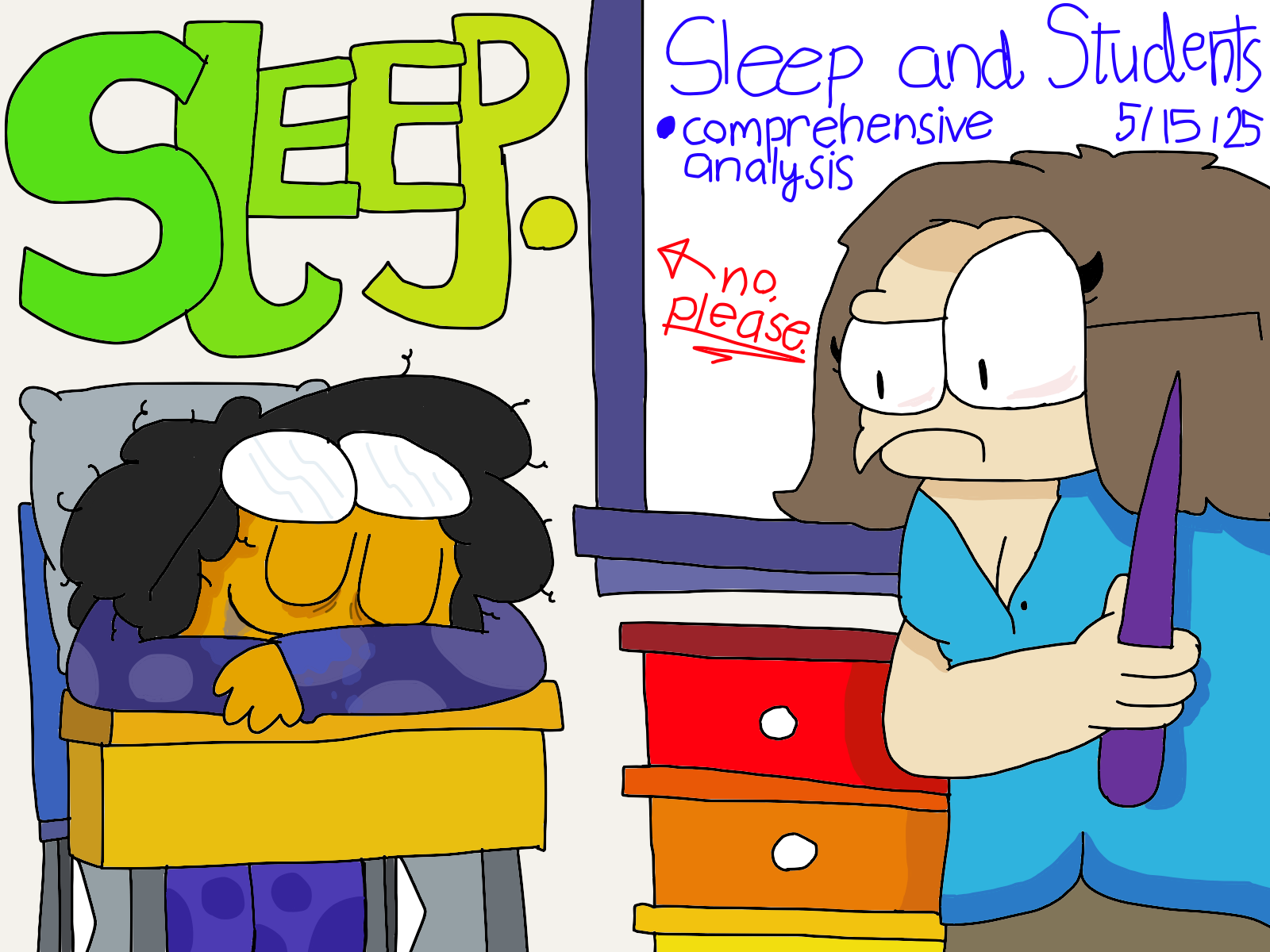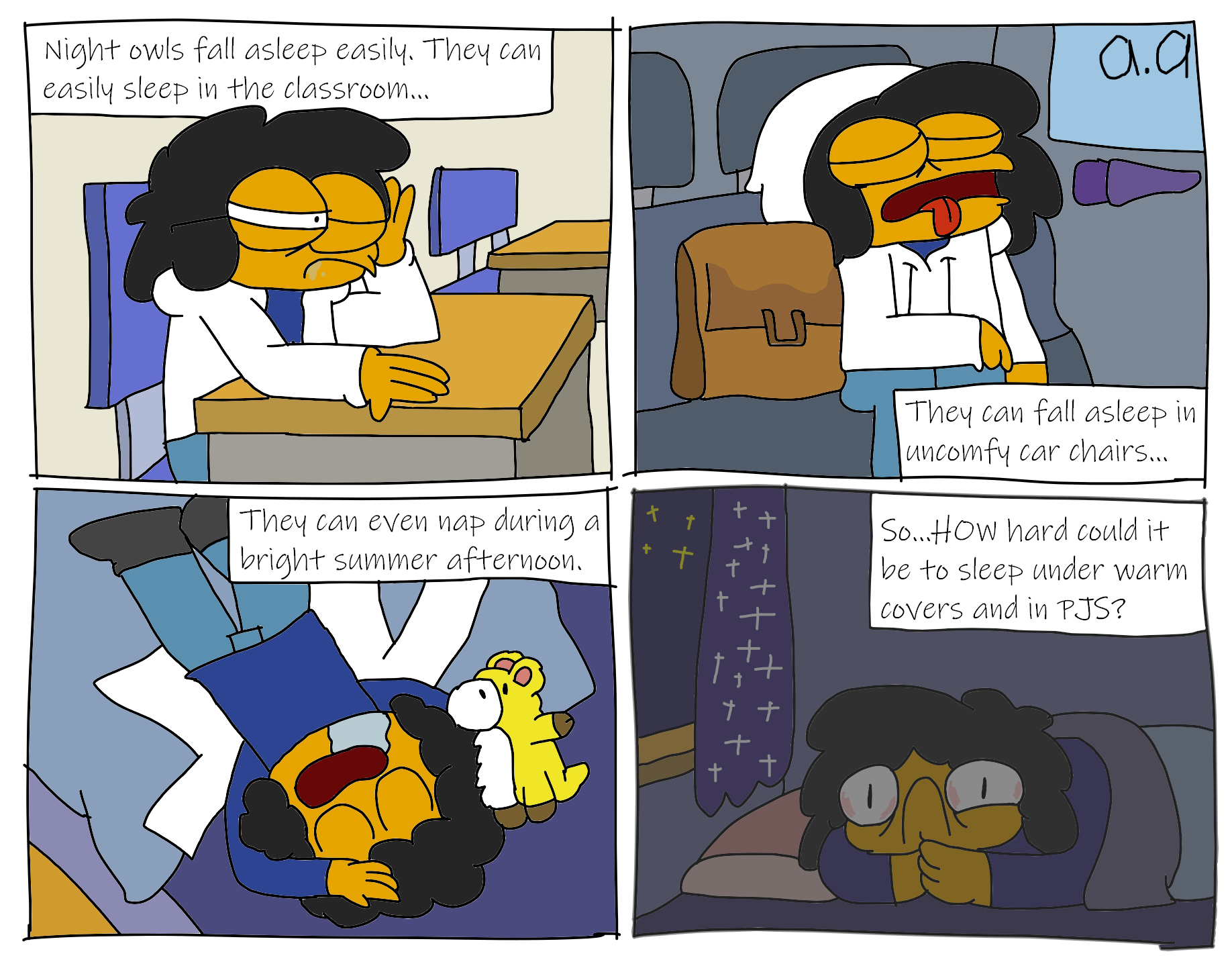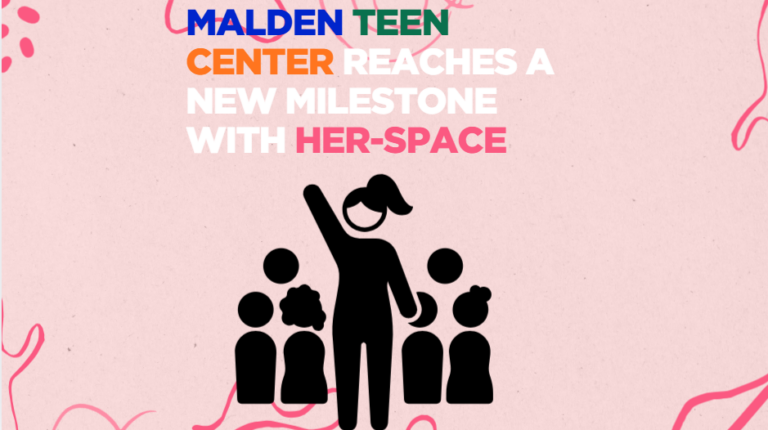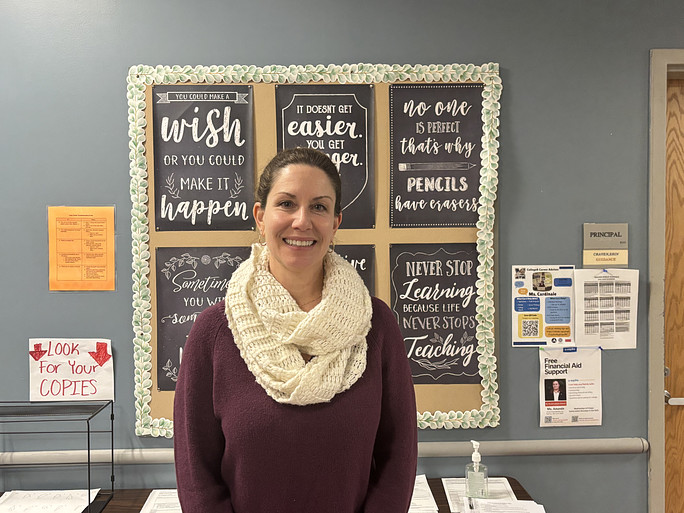
Teenagers are constantly told they need more sleep, yet we’re still expected to sacrifice it to keep up with everything else. Whether it´s sports, clubs, jobs, homework, or responsibilities at home, there just aren’t enough hours in the day. As a result, sleep becomes the first thing to go, and it shows in the classroom.
You can see it during the first block or the last period, students with their heads down, just barely staying awake. While it might look like laziness to some, most of the time, it’s exhaustion. “I end up sleeping in as much as I can,” mentioned senior Isabella Troung, “and I end up sleeping in classes.”
The truth is, it’s not that we don’t care; we’re worn out. School starts too early, and our nights are packed. Sophomore Wongel Yohannes said she’s often up late because she doesn’t have time to do homework until after finishing everything else. “The late nights and early mornings take a toll,” she said. She also notices that when she doesn’t sleep enough, she finds herself “dozing off” and not finishing work in class.

It’s not just about feeling tired but how that weariness affects learning. Without enough sleep, it’s harder to focus, retain information, and stay engaged. Sophomore Istahil Hassan shared that she sees a clear difference: “I perform poorly when I don’t get enough sleep.” She’s not alone. Many students admit that their grades, attention, and energy all drop when their sleep does.
Not only students, but teachers notice it too. “I see students falling asleep a couple of times a week,” commented math teacher Susannah Miller. She doesn’t assume it’s boredom; she sees it as a sign that students are overwhelmed and exhausted, often from schoolwork or part-time jobs. History teacher Courtney Braz agrees, saying students are usually just “burnt out,” especially during morning classes or near the end of the day.
Even though teachers don’t always express it, they understand the problem. “Without adequate sleep,” Braz explained, “the brain can’t work the way it’s supposed to.” This makes it even harder for students to do well in class, creating an endless cycle: we stay up late working, get to school tired, and then struggle to keep up because we’re too tired to focus.

So what’s the solution?
Some students believe the school day should start later. Junior Haylee Seeley said if classes began at 9 a.m., she “wouldn’t be dead in all of her classes.” While it might sound dramatic, there’s truth in it. Teenagers’ sleep cycles are different, and most of us don’t fully wake up until later in the morning. Starting school earlier than 8 A.M. goes against how our bodies function.
Chemistry teacher Martin Berryman also added on stating that, “Quality sleep habits are critical for all people.” Yet, the current system doesn’t prioritize sleep—it treats it as optional
Sleep shouldn’t be seen as a luxury but a basic need, especially for teens whose brains are still developing. If we want students to succeed in school, we must stop treating sleep like it doesn’t matter. The truth is, we can’t learn if we’re half-asleep.




